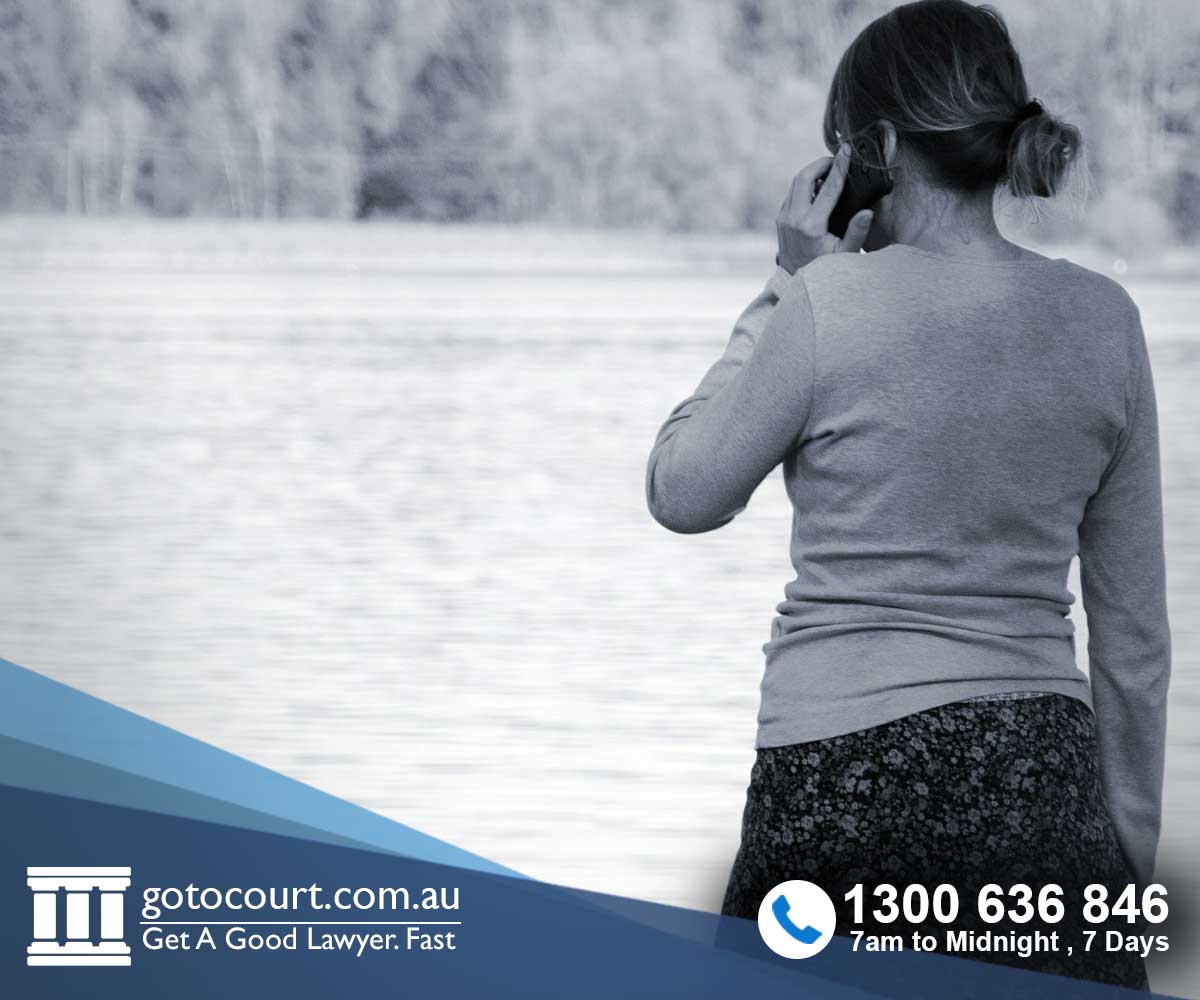Standard Costs and Indemnity costs (Qld)
In civil litigation it is common for the successful party to seek a costs order in its favour during or after the conclusion of litigation. Costs orders in Queensland are governed by the Uniform Civil Procedure Rules 1999 (UCPR). Depending on how the matter has been conducted, the unsuccessful party may be ordered to pay the other party’s costs, either on a Standard Costs or an Indemnity Costs basis.
In ‘no costs jurisdictions’ no orders as to costs will be considered and parties must simply bear their own costs. In some situations, parties make agreements not to seek costs against each other in jurisdictions where costs can be awarded.
How are costs awarded?
An order for costs can be made at any stage in a proceeding but is most commonly made after litigation has concluded. Orders for costs usually ‘follow the event’, meaning the unsuccessful party will be required to pay the costs of the successful party.
Under Rule 687 of the UCPR, costs can be ordered in any of the following ways:
- As an amount of costs to be assessed;
- As a specified percentage of assessed costs;
- Costs to or from a specified point in proceedings;
- As an amount fixed by the court;
- As an amount to be decided in a way the court directs.
Standard costs
Costs are ordinarily assessed on a standard costs basis (formerly known as ‘party and party costs’) and include ‘all costs necessary or proper for the attainment of justice or for enforcing or defending the rights of a party whose costs are being assessed’ (UCPR, Rule 702).
Indemnity costs
Indemnity costs, formerly known as ‘solicitor and client costs’, are governed by Rule 703 of the UCPR. When a court assesses costs on an indemnity basis, it allows for all costs reasonably incurred having regard to:
- The scale of fees prescribed by the court;
- Any costs agreement between the party to which the costs are payable and its solicitor;
- Charges ordinarily payable by clients to solicitors for the work.
Items will only be excluded from Indemnity Costs if the court finds that they were unreasonably incurred or of an unreasonable amount. Indemnity costs are broader in scope than standard costs and are awarded when a party is found to have conducted their case improperly or to have wasted the court’s and the other party’s time.
When will courts award indemnity costs?
Costs are awarded on a discretionary basis and the court may award indemnity costs if it considers it appropriate to do so. Under Rule 162(1) a court can also award indemnity costs if a particular is struck out because:
- It has a tendency to prejudice or delay the fair trial of the proceedings;
- It is unnecessary or scandalous;
- It is frivolous or vexatious; or
- It is otherwise an abuse of process of the court.
Examples of circumstances where courts may decide to award indemnity costs include:
- Where a party has made allegations of fraud knowing them to be untrue;
- Where there is evidence of particular misconduct by a party that causes loss of time to the court and the other party;
- Where litigation was pursued because of an ulterior motive and in disregard of known facts or established law;
- Where a party has made baseless allegations and contentions;
- Where a party has unreasonably refused an offer to compromise.
The final decision as to whether to award indemnity costs will be based on whether the circumstances of the case warrant such an order.
When a court makes a costs order requiring a party to pay some or all of the other party’s costs, a costs assessment will usually be required. This is completed by an impartial Costs Assessor appointed by the court.
Applying for a costs assessment
If a party seeks a costs assessment, it must serve the other party with a Costs Statement, setting out its fees and disbursements reasonably incurred during the proceedings. The served party can file a Notice of Objection if it objects to any of the items listed in the statement.
When the party entitled to costs does not file and serve a Costs Statement, the other party can serve it with a notice requiring it to do so within 30 days. If this notice is not complied with, the other party may apply for a Directions Hearing before the court. At the Directions Hearing, the court may order the other party to file a Costs Statement and if it does not do so, may make orders setting aside the costs order or allowing costs to be paid at a fixed amount.
If you require legal assistance please contact Go To Court Lawyers.








